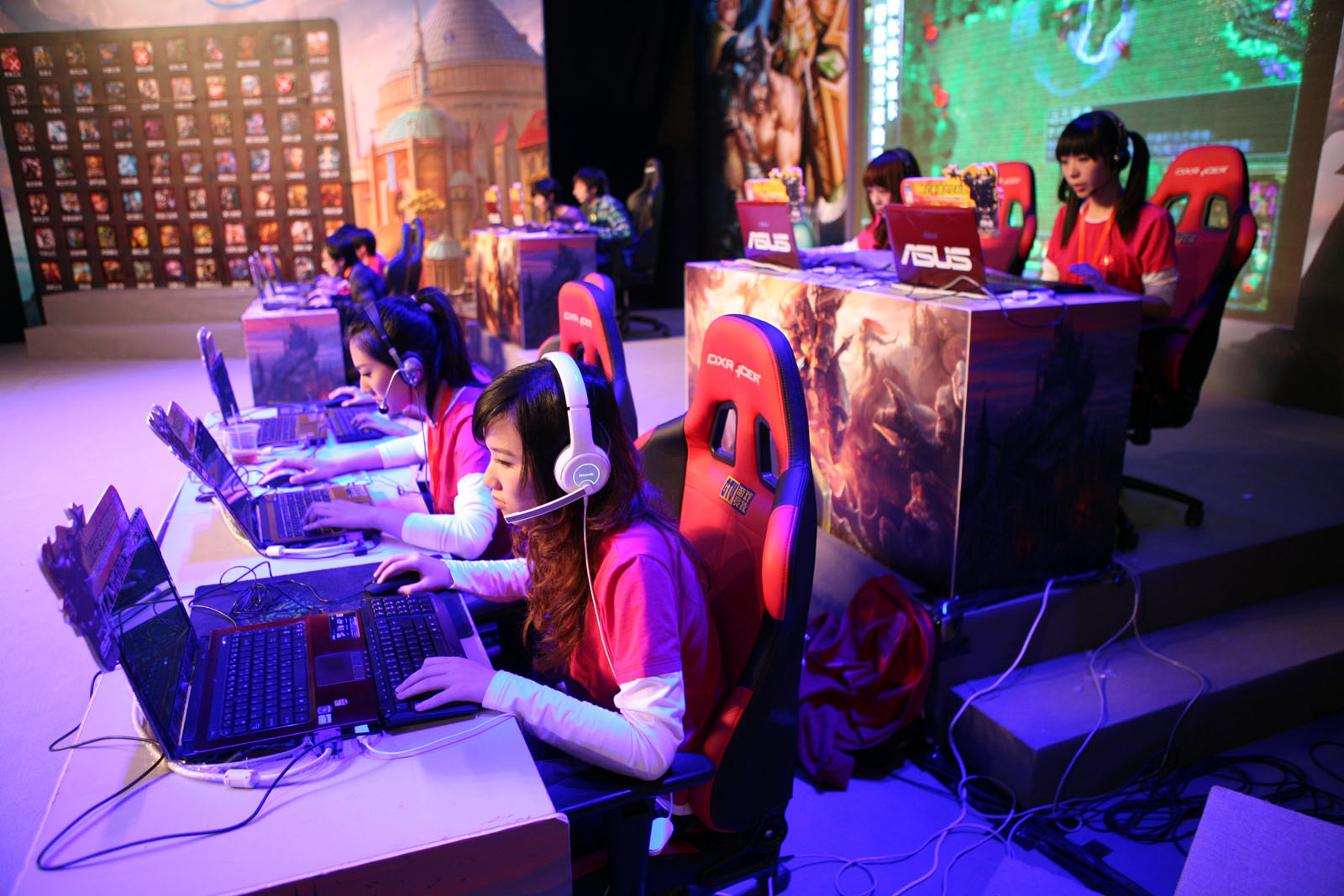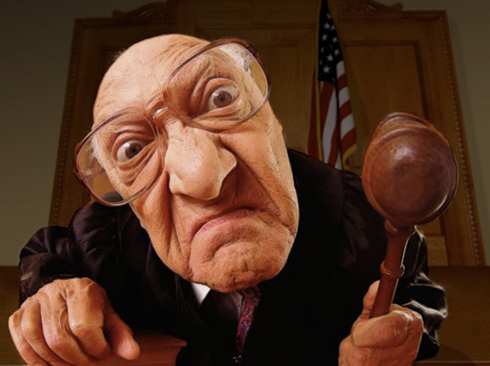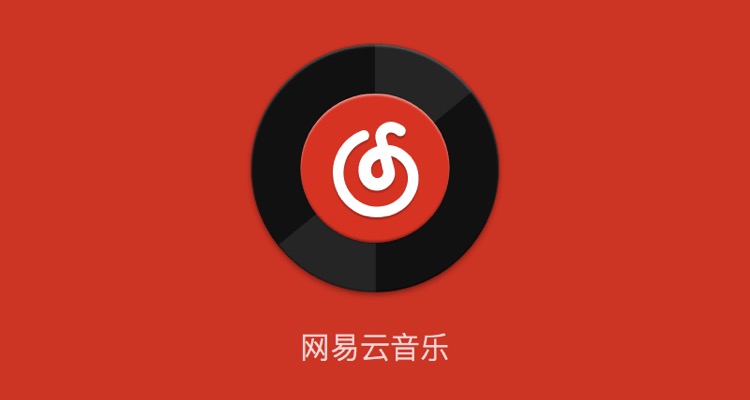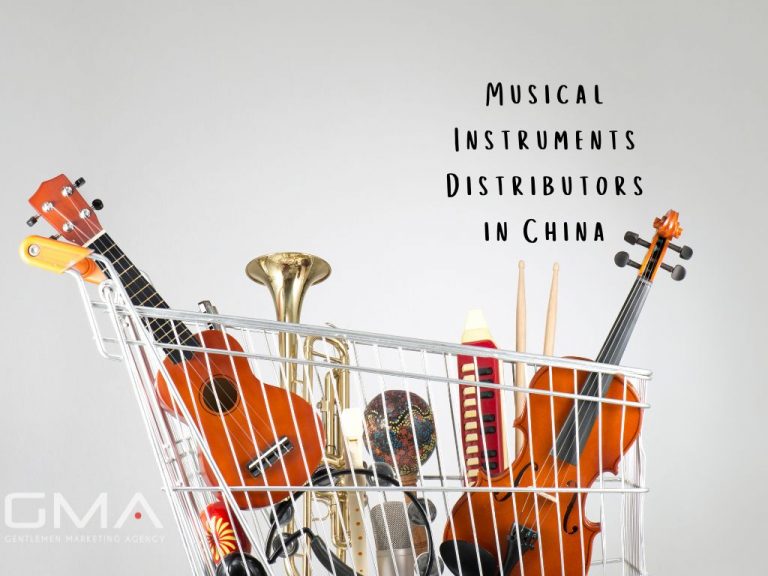NEW CENSORSHIP RULES PISSES OFF CHINESE GAMERS

Internet censorship in China is serious because of a huge variety of laws and regulations. To start with there is The State Administration of Press, Publication, Radio, Film and Television SAPPRFT, this organization control media in the nation and are in charge of censoring anything that goes against the rules. Besides there is The Cyberspace administration of China CAC, they are the office in charge of censorship and command over China’s Internet. At last, there is the Ministry of Culture MOC; this service is in charge of culture approach in the nation and advancing, ensuring and censoring any type of cultural art.
Barely few months prior, Chinese censorship authority SAPPRFT reported new laws that need each game of mobile launched in China to be pre-certifies by SAPPRFT (present games will have to get re-approval before the deadline). Prior to the rules had even gone live, analysts and developers alike were anticipating things could be terrible, and that the standards may destroy China’s indie gaming entirely
An individual going up against SAPPRFT in courts has about as much possibility of winning as a five-year-old would have of beating LeBron James.
A valid example: one engineer’s rage has turned into a web sensation in the Chinese web after their amusement was as far as anyone knows dismisses by SAPPRFT for containing English words. Not bad English words, mind you, but rather totally harmless ones like mission begin and “warning.” “I’m truly fucking shocked,” written by the designer of the rejection.
Another designer affirmed that their game had been rejected for a similar reason: including English words like lucky and go. SAPPRFT’s laws likewise preclude the utilization of traditional Chinese characters.
Designers are likewise complaining that the procedure is taking longer than it’s intended to. SAPPRFT’s guidelines indicate that designers should get an answer inside 30 days, yet the principal engineer whose diversion was rejected for including English additionally said that their organization did not get an answer from controllers for four months.
Another game designer is taking his outrage to the following level. Indie dev Chen Yu had told Sixth Tone he will sue SAPPRFT over the new principles. With these new controls all independent game designers and little undertakings will be driven out of the market, with no hint of something better for survival, Chen said. Submitting to the directions is basically excessively difficult and excessively costly, to make indie game improvement a beneficial endeavor.
We could confront a future where China’s mobile game index comprises just of games created by effective partnerships.
Chen has basically no hope of winning, obviously – that is something both he and his attorney agree on. An individual going up against an administration body like SAPPRFT in the Chinese court has about as much possibility of winning as a five-year-old would have of beating LeBron James in a face off. Still, they say they trust the claim will bring consideration and start an examination of the new laws and the impact they are having on the game business, and especially on indie designers.

Chen watches the suit as a potential watershed minute for the gaming business, and it will enjoy seeing whether he’s correct. SAPPRFT has interceded in industries to fix confinements commonly some time recently, however, this is the first run through in late memory that new SAPPRFT laws could conceivably choke a whole segment of new companies and SMEs out of business completely.
China’s mobile game designers, and all the more vitally Chinese mobile game fans, will need to choose if that is something they can survive with. It is not understandable what any layman could viably do to breaking point SAPPRFT’s energy, however, if nothing transforms, we could confront a future where China’s whole mobile game inventory comprises just of the games launched by powerful enterprises like Tencent and Netease, with no space for new companies and indies.
CENSORSHIP RULES
- Anything that abuses China’s constitution
- Anything that debilitates China’s national solidarity, sway, or regional uprightness.
- Anything that damages the country’s notoriety, security, or interests.
- Anything that induces racial/ethnic contempt, or damages ethnic customs and societies.
- Anything that abuses China’s strategy on religion by advancing factions or superstitions.
- Anything that advances or induces vulgarity, tranquilizer usage, savagery, or betting.
- Anything that damages open morals or China’s way of life and customs.
- Anything that put-down, defamations, or damages the privileges of others.
- Other content that damages the law






